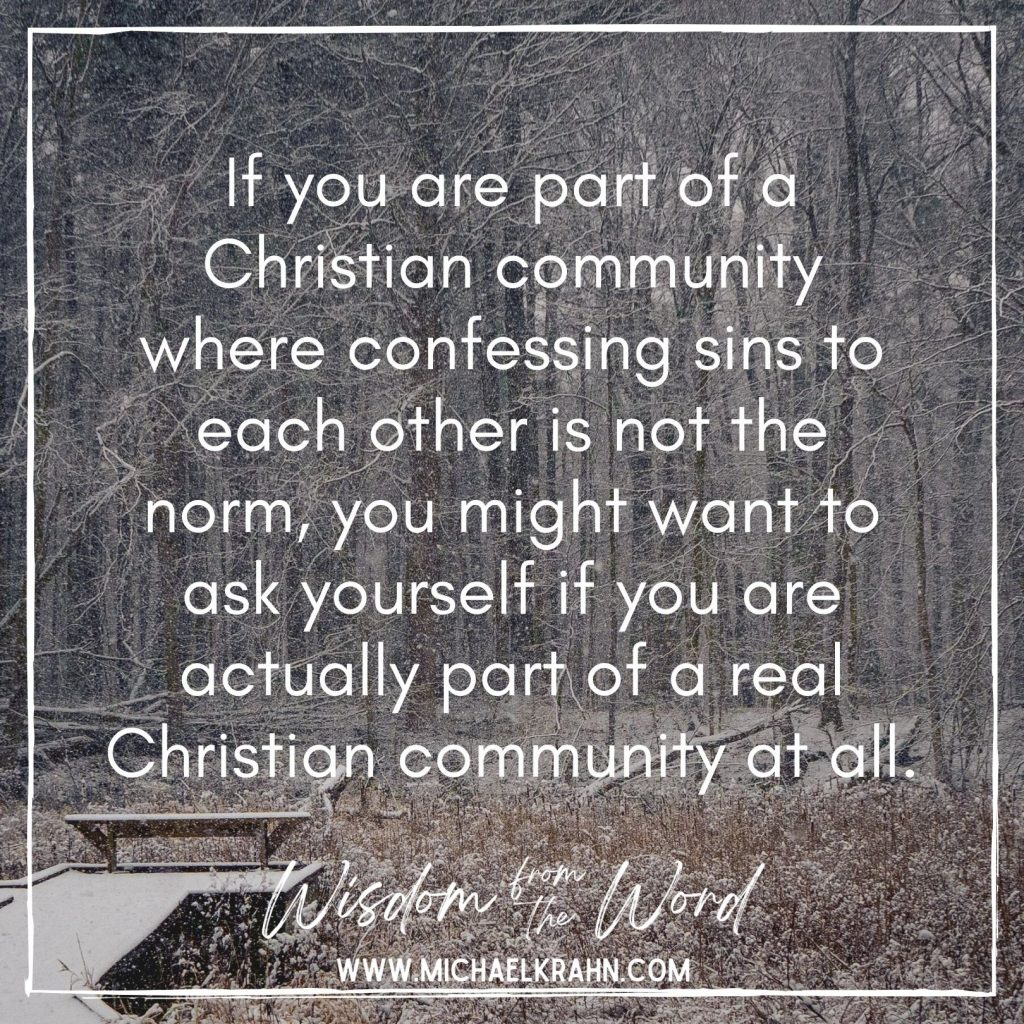“The sins of some people are conspicuous, going before them to judgment, but the sins of others appear later.”
1 Tim. 5:24-25
Paul writes in 1 Tim. 5:24-25 of two types of unrepentant sinners. Of all the varieties of sin, some stand out as obvious and judgement for them follows close behind, while others remain hidden until a later date. We could call these two types “short-game” and “long-game” sin.
Short-Game and Long-Game Sin
Short-game sin and its outcomes happen in a sequence on a relatively short timeline. Considering all the damage that sin can do, we should thank God when sin is quickly revealed and dealt with. Some damage is always done by sin, but short-game sin has less opportunity to ensnare others. Some flame out quickly and take only a few down with them.
Long-game sin is quite different. It is deeply-hidden sin, usually in the life of someone who appears quite holy, who is often well-respected and even admired. We lament to think of the tragedy of all that was revealed after the death of someone like Ravi Zacharias. In the aftermath of these revelations, the faith of many was shaken – and in some cases destroyed – and the reputation of the gospel was stained.
How can we avoid destroying ourselves and the faith of others by way of our personal sin?
- By regularly confessing our sins to God
God’s word assures us that “If we confess our sins, He is faithful and righteous, so that He will forgive us our sins and cleanse us from all unrighteousness.” (1 John 1:9 NASB)
It seems like a no-brainer but ask yourself: When was the last time you regularly and thoroughly examined yourself and confessed your sins to God?
- By regularly confessing our sins to one another
“Confess your sins to each other and pray for each other so that you may be healed. The earnest prayer of a righteous person has great power and produces wonderful results.” (James 5:16 NLT)
This instruction probably suffers even greater neglect. So many people believe they will face judgment and condemnation if they reveal their sins to other believers. That is, of course, a risk, but we may not ignore this command simply because it is risky.
- By inviting accountability

This goes right along with confessing your sins to someone. We should follow up our confessions with an invitation to an external examination by other trustworthy believers. In Matthew 12:36-37, Jesus says, “I tell you, on the day of judgment people will give account for every careless word they speak, for by your words you will be justified, and by your words you will be condemned.”
We would be foolish to wait until the day of judgement to receive an assessment of the wisdom of the words we use. It is much better to ask for caring critique and loving rebuke from those who desire to see us live in a way that is pleasing to God.
- By dwelling in a community of faith where we can be fully known
Many churches come by their reputations as bastions of shallowness honestly. But that will not do if 1 Cor. 2:26 is to hold true: “If one member suffers, all suffer together; if one member is honoured, all rejoice together.”
A church family should be a place where both afflictions and joys are openly shared. The cultivation of such an environment should be the normal impulse of any church leader, but too often it seems we are more interested in shaping a culture of positive motivational quotes while ignoring the more challenging aspects of life.
If you are part of a Christian community where confessing sins to each other is not the norm, you might want to ask yourself if you are actually part of a real Christian community at all.
A Call to Repentance
Finally, if you have not been practicing the above and know you are engaging in unrepentant sin, whether it be short-game or long, be assured that what is presently in the dark will someday be brought into the light. It is far better to bring sin into the light yourself than to have it brought into the light by someone else.
Join the conversation on Facebook…
Today’s featured image is available as a photo or canvas print. Please visit my store on Facebook for details.



